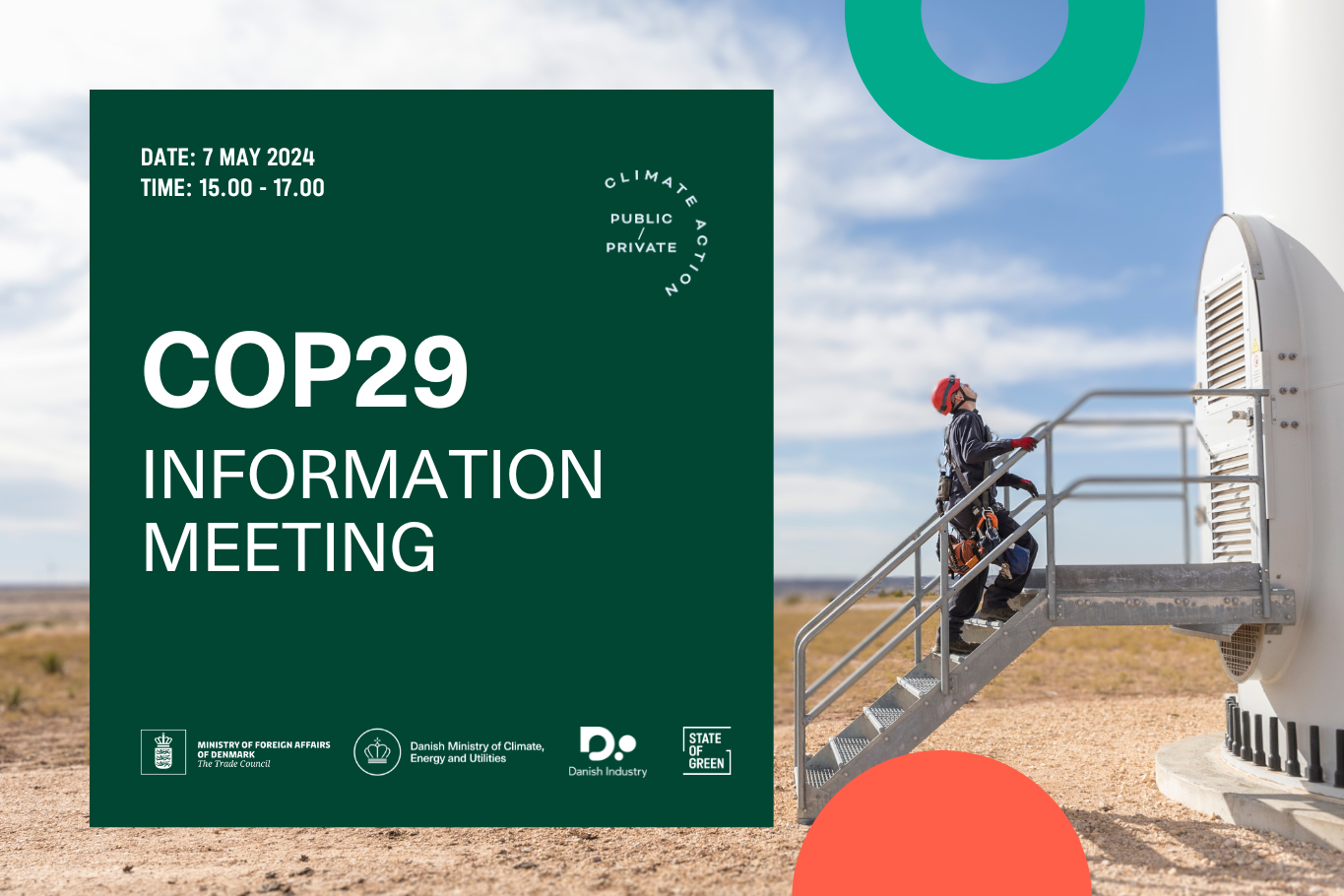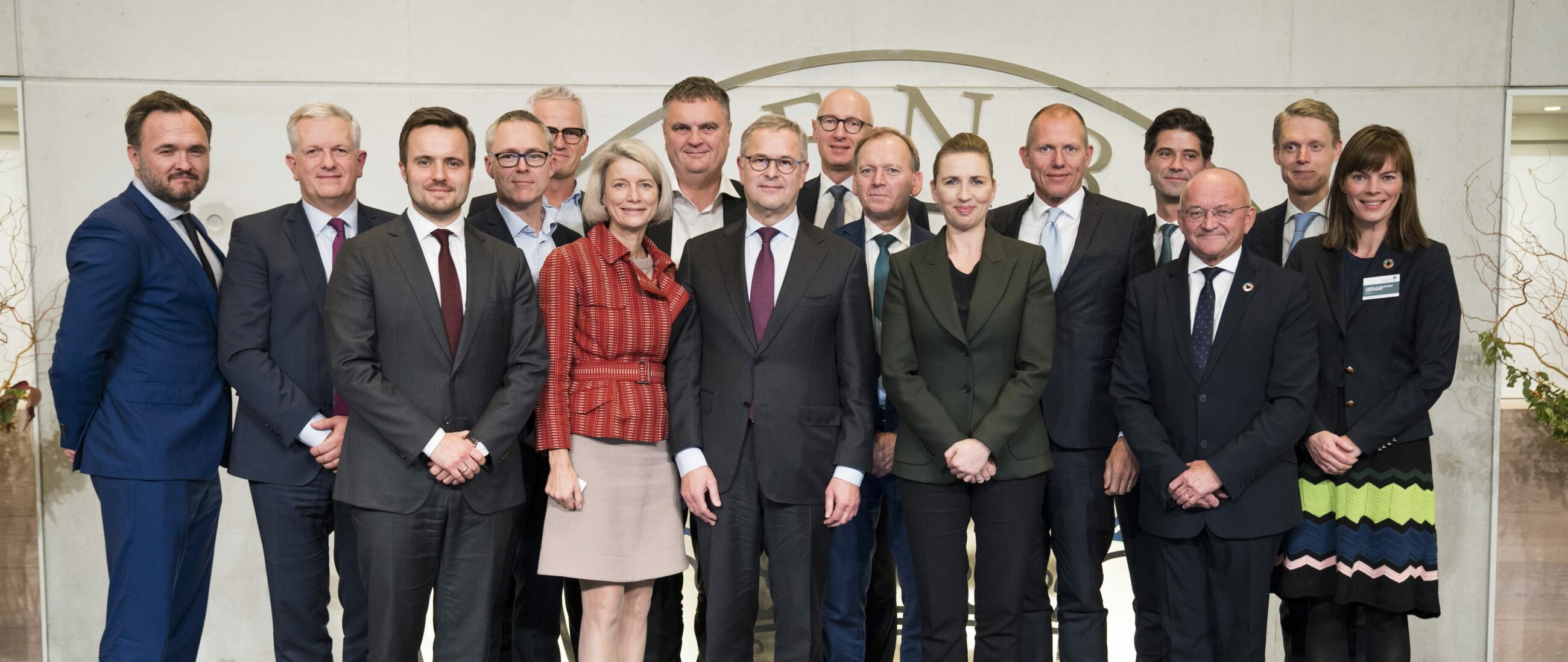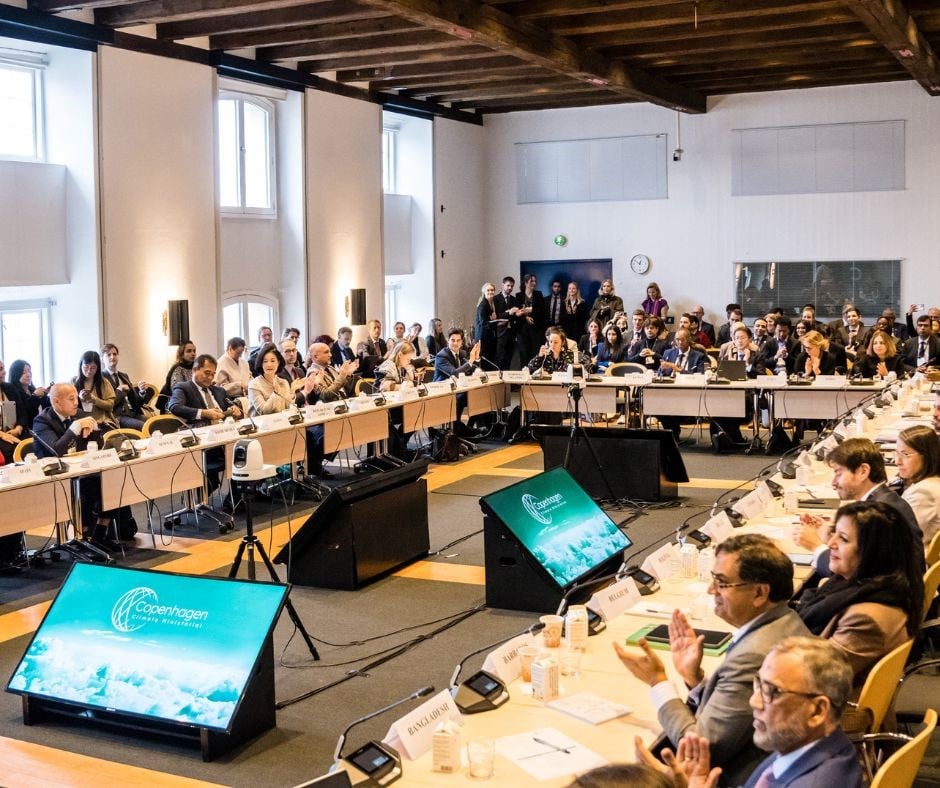The Danish Government has established 50 agreements and earmarked more than EUR 12 billion towards green transition. Since 1990, the country has managed to reduce its greenhouse gas emission by 43% compared to 1990-levels.
While policies, industrial transition, and initiatives across the society have brought about substantial reductions, there is still way to go before achieving the national ambition of reaching a 70% reduction by 2030. Also, when it comes to Denmark’s global footprint.
In a new report (in Danish) published by the Danish Energy Agency, Denmark’s global footprint entailed by its national consumption and international trade was estimated at 63 million tonnes CO2e in 2020. The amount equals to roughly 11 tonnes CO2e per Dane.
While numbers highlight a need to further limit Denmark’s share of the global climate burden, the report concludes that the country’s global contributions far supersede its own footprint. More precisely, Denmark’s export of green solutions and technologies will reduce emissions by 119-215 million CO2e throughout their life span.
Related news: Denmark’s green contributions abroad far supersede the effects at home
A direct result of Denmark’s focus on global cooperation according to the Danish Minister for Climate, Energy and Utilities, Dan Jørgensen:
“Denmark takes great responsibility for the global battle on climate change. With ambitious national policies, we seek to inspire global partners to follow suit. As such, we collaborate with 19 countries to shift their energy systems in a greener direction.”
The Climate Minister further adds that while knowledge sharing and global agreements help big emitters on their green transition, Denmark still needs to raise the bar and push for measures to reduce its national footprint.

















